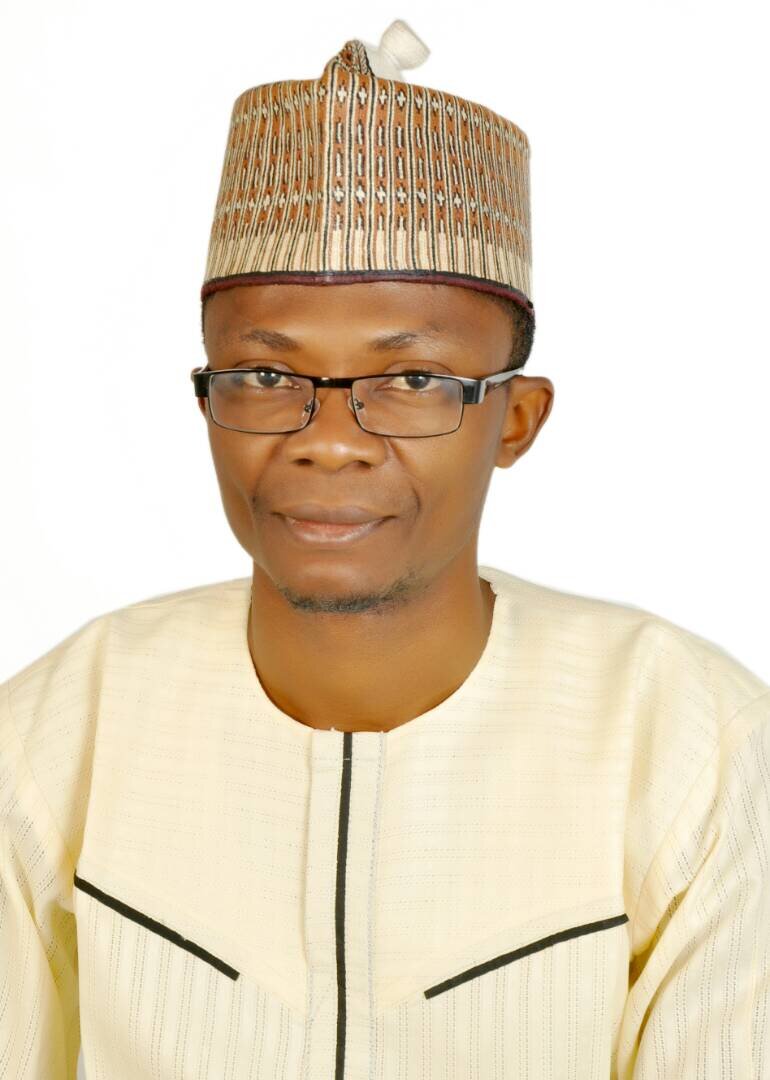Nigeria, the most populated country in Africa, and indeed the largest black nation in the world, has been a fertile ground for insecurity. With Boko Haram terrorists ravaging the north-eastern part of the country; herder and farmer clashes that are shaking the foundation of the country; bandits and criminal gangs that are now a threat to human existence; ethnic militias that are challenging the sovereignty of the country; militants, cultists and kidnappers that are threatening the economy of the country and holding the Niger Delta hostage, one can safely conclude that insecurity is Nigeria’s biggest challenge today.
Prior to the 2015 general elections, Nigeria was having a handful of security challenges. Insurgency and terrorism were at their peak with bomb blasts in major cities and hostage taking in the northeast. Notable is the daylight abduction of about 276 Chibok girls on April 14, 2014 in Borno State. The abduction, which was orchestrated by Boko Haram, caught the attention of the world and reaffirmed the weakness of the then Nigerian government led by former President Goodluck Jonathan to deal decisively with the Boko Haram terrorists who began operations in 2009.
The current President of the country, Muhammadu Buhari and the All Progressives Congress set a three point agenda which included fighting against corruption, fighting against insecurity, and increasing economic growth during the 2015 electioneering period. It was upon this promise, anchored on its “change” mantra, that they enjoyed overwhelming support from Nigerians and seized power from the then ruling People’s Democratic Party, PDP. Many Nigerians, including myself, laboured voluntarily for the APC and staked our all to ensure a new administration that promised to protect the lives and properties of Nigerians.
As citizens, we thought a former military chief such as General Muhammadu Buhari, with vast experience in security, was needed to subdue Boko Haram terrorists and end our security woes. Unknowingly to us, this was a decision that was to haunt us in several other ways as the years went by. We knew that Buhari was old, deserved some rest, and may have lacked modern ideas. However, we were aware of the negative impacts of insecurity in Nigeria – private investors withdrew, education was grounded, the economy suffered a serious setback, the health-care system became moribund, agriculture was put on hold and life became brutal, crude, frustrating and short. More so, we wanted a change from the status quo since it was not working for the country. Thus, we mobilized enmass for Buhari and the APC won convincingly.
Unfortunately, things are not anything near what we envisaged. While the Buhari administration has made several claims that it has dislodged Boko Haram, having reclaimed seized territories from the terrorists and negotiated the return of Chibok girls, the terrorists are still waging a guerrilla warfare against the Nigerian government. Just recently, on 11th December 2020, over 300 boys were abducted from the Government Secondary School in Kankara, Katsina State, the home state of President Buhari. This ugly incident took place while the President was in the state for a visit. Though the boys were freed about a week later, this attack is just one among many attacks on Nigeria by the dreaded Boko Haram terrorists.
More disheartening is the fact that herdsmen attacks against farmers took a dangerous turn immediately after Buhari took power. The herdsmen menace, which many leaders and human rights activists have described as terrorism, has gone on unabated since the emergence of the Buhari administration. In late February and early March 2016, between 300 and 500 people were massacred in Agatu, Benue State, and according to a report obtained by ThisDay Newspaper, Fulani herdsmen have conducted 654 attacks, killed 2,539 and kidnapped 253 people in Nigeria between 2017 and 2020. It now seems like the Buhari government has granted immunity to Fulani herdsmen to kill and maim more Nigerians because no one is being held accountable for these sacrilegious crimes.
Amidst these security problems, bandits and criminal gangs, ethnic militias, kidnappers, cultists and militants still operate at liberty. Nigerians now live at the mercy of terrorists, criminals and war mongers, while the President we thought would end our security woes looks on unperturbed; without ideas and measures to curtail Nigeria’s increasing security challenges, or even show empathy for those that are losing loved ones on a daily basis. Our choice has not just failed us, it now haunts us daily.

